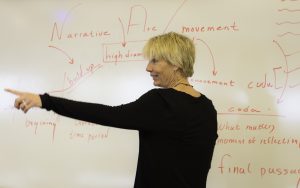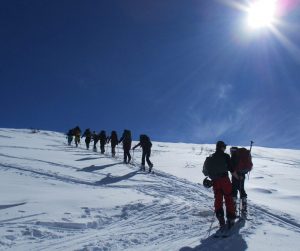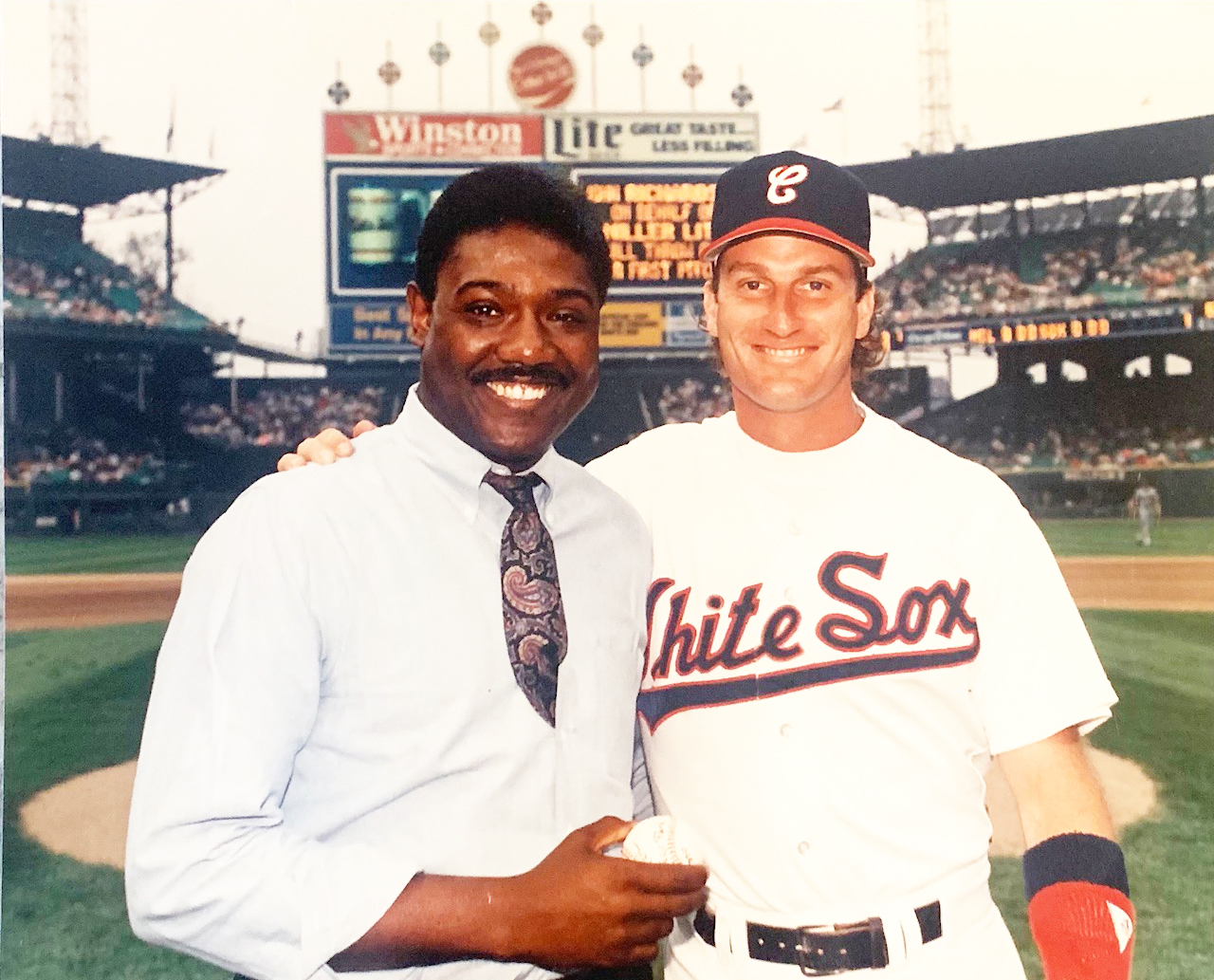Reading Suggestions for Winter Break
As we head into the winter break and the gifting season, I thought I would share my most recent reads. Erik Larson’s portrait of Churchill is really a fascinating read. Robin DiAngelo’s contribution to the dialogue around diversity, equity, justice, and inclusion has a large following for good reason. Finally, Dan Ariely’s research will help you understand daily life decision making and the subtle ways we are vulnerable to persuasion. I have started re-reading Frank Herbert’s Dune and I am finding interesting parallels/connections to recent fantasy/sci-fi favorites: Game of Thrones and Star Wars (I am only making that connection this second time through after first reading it as a young teenager).
Robert Galbraith’s Career of Evil (Comoran Strike B. 3): recall that the series is written by JK Rowling and this is the third installment in the series; I went with it after finding myself pretty deep on the waitlist for some other library books I was excited to get to this fall. Cormoran Strike is back and this time he is trying to solve a threat against his career and his own life. This series is entertaining enough, but I am still not entirely bought in. I can’t give it a strong recommendation, but I did find this an improvement over the first one I read. If you are looking for simple entertainment, you could definitely do worse and for some, it will be satisfying enough.
Erik Larson’s The Spendid and the Vile: A Saga of Churchill, Family, and Defiance During the Blitz: recommended to me by a good friend, if you are interested in this period of history or curious about Churchill as a leader, then I highly recommend this book to you. Or perhaps I should say that this is the type of book that will make you curious if you hadn’t been before. You simply can’t leave Larson’s work without having an immense appreciation for Churchill and what he achieves, and the strength of will and character of the British people during the Nazi’s bombing campaign. This book is based on historical facts and research by Larson and is his second book that focuses on early events that lead up to or a part of World War II. If you are interested in a perspective on the rise of Hitler in Germany, this effort by Larson proves a nice balance to an earlier work, In the Garden of Beasts, that is based on the U.S. ambassador’s experience in Berlin on the lead up to the global conflict. Larson is a gifted storyteller, and I found this single year focusing on England and the rise of Churchill to be a great read: it is a compelling narrative and the scope of time is perfect as the work concludes with America’s entry into the war.
Robin DiAngelo’s White Fragility: Why It’s So Hard for White People to Talk about Racism: this book has been recommended to me time and time again. DiAngelo is not necessarily covering new territory from the other DEIJ books that I have read over the past few months, however the value of having someone write from the perspective of racial empowerment. DiAngelo’s approach is efficient, direct, and honest, and she covers a wide range of responses and emotions that frequently block progress in racial discussions. While her modeling at the end feels (sounds) a bit contrived, the reader can’t but leave the book having an increased sensitivity to the issue of race and the desire to do a better, more effective job confronting the systemic racial issues that surround our workplace and lives and finding ways to respond that are appropriate and productive when confronted with the issue. There is a reason why this made a lot of faculty professional development reading lists. It is worth your time and attention.
Dan Ariely’s Predictably Irrational: a notable book award winner, Ariely’s examination of irrational human behavior joins a growing canon produced by behavioral economists. Ariely’s work has a number of gems, is filled with research and studies, and ultimately makes a convincing argument as to what drives human behavior in irrational directions. If you work with people, then this is definitely worth your time.
Suzanne Collin’s The Ballad of Songbirds and Snakes: I came across Lucy Ingram, a current CRMS student, reading this book in the Bar Fork, and at her recommendation, I decided to give it a try. I like the Hunger Games trilogy, and this prequel that provides President Snow’s family history and his rise to power is fun and engaging. It wouldn’t be a Hunger Games book without time in the arena, capital, and district. I would recommend this as a nice holiday read.
 MYCRMS
MYCRMS





 Virtual Tour
Virtual Tour

